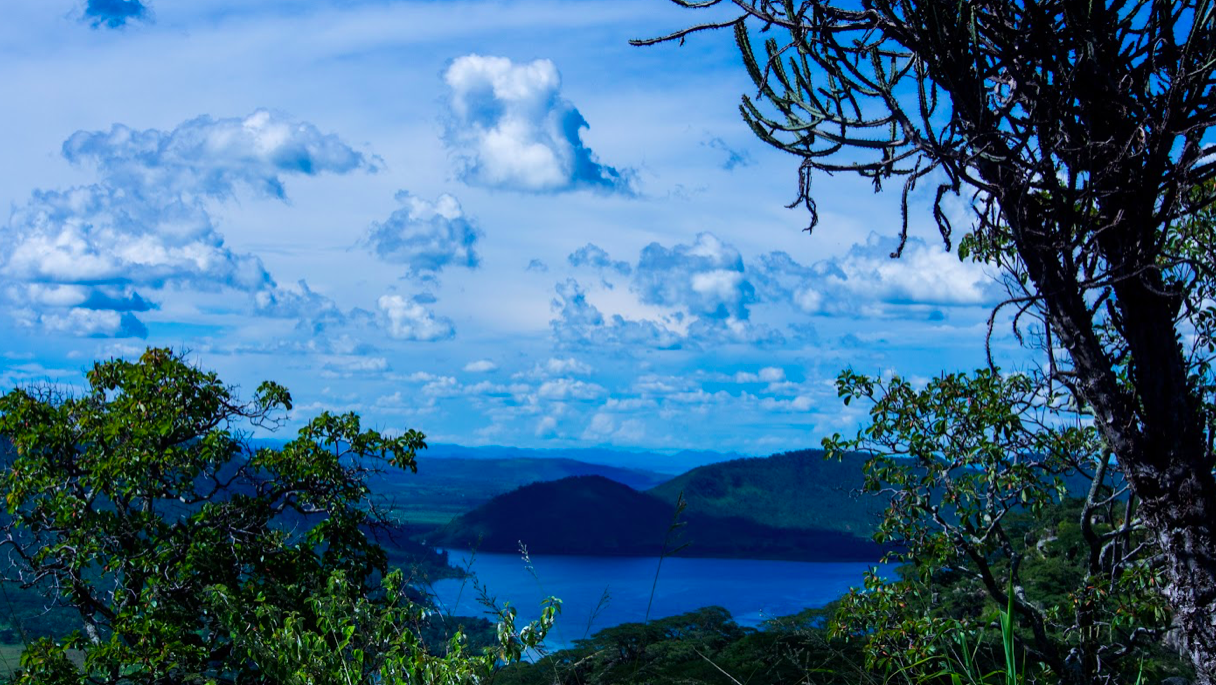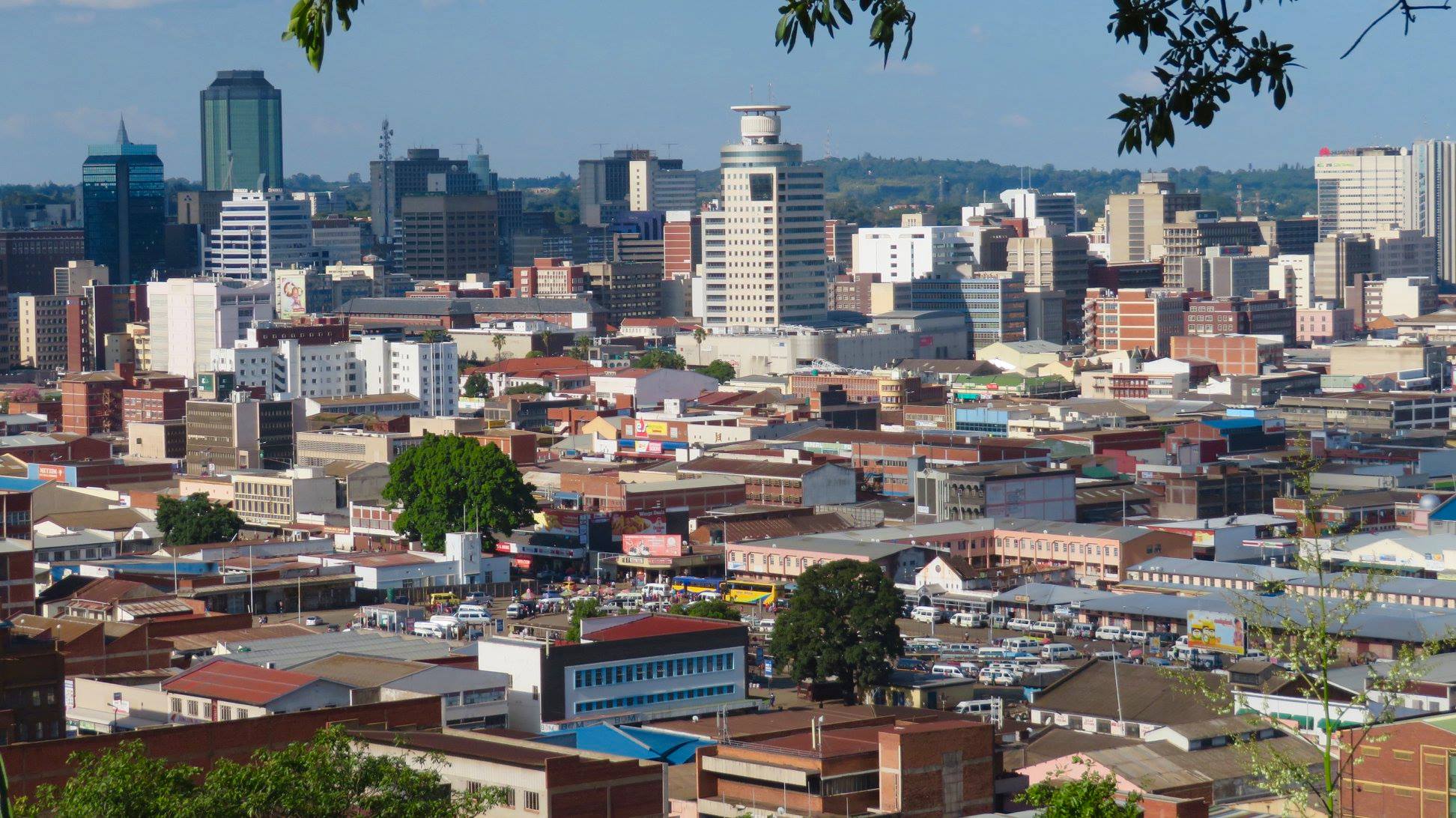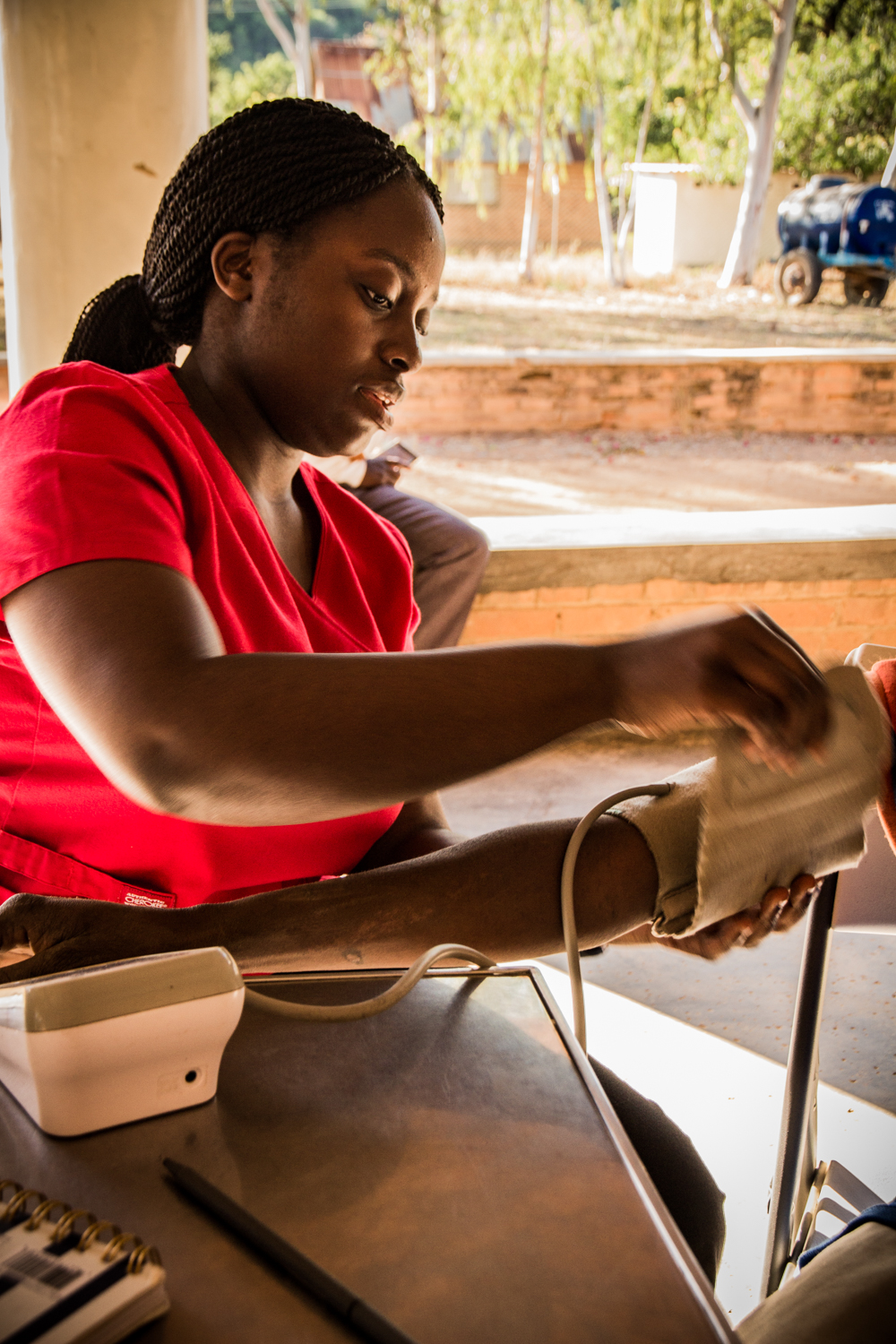Leave Only Your Footprints
All our programmes are designed with the locals in mind first and foremost, and then volunteers and interns come to fit into the local setup, which ensures that the programmes
will continue beyond the stay of external partners and volunteers. The programmes and experiences are also designed to ensure our core value of knowledge exchange takes place seamlessly.
We denounce with righteous indignation and dislike men who we are to beguiled demoralized by the charms of pleasures that moment, so we blinded desires, that they indignation.
News & Updates







